Don't have an account?
Click Here- Fast, secure checkout
- Exclusive promotions & offers
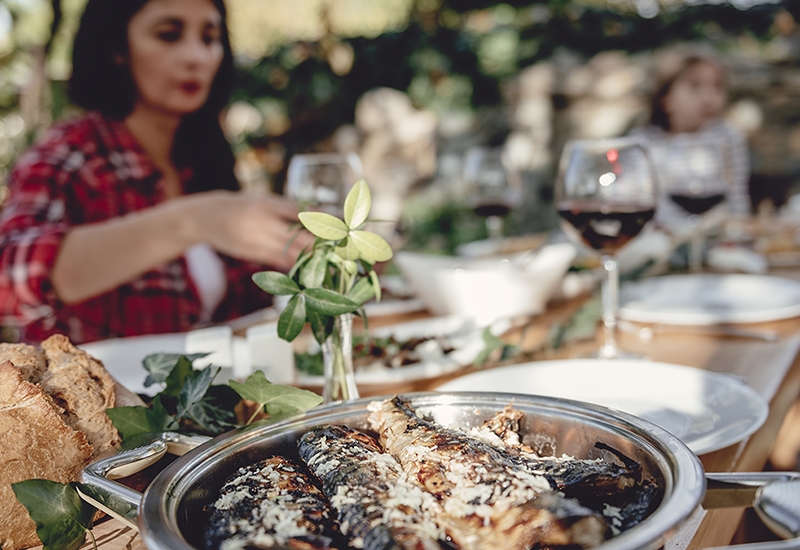
What Began the Tradition of Fish on Fridays?
It’s a complex mix of religion, politics, economics, and even protest
By Temma Ehrenfeld
Let’s begin at the beginning.
In Catholicism, it is believed Jesus Christ died on a Friday and so redeemed humanity of its sins. Beginning in the first century, people fasted on Friday as a small sacrifice commemorating this much greater one.
Fasting was part of Jewish tradition. The Bible holds that Moses fasted before he received the Ten Commandments. Matthew, Mark and Luke all tell us that Jesus Christ fasted for 40 days in the desert.
In the earliest years of Christianity, believers evidently fasted alongside Jews - for example, on the Day of Atonement, Yom Kippur.
Fasting evolved into meatless days, or days with only one meatless meal. On those days, Catholics remind themselves of Christ’s body, and recognize that when we eat warm-blooded animals like cows, they too sacrifice. There is a “symbolic connection” explained Todd Aglialoro, a theologian and director of Catholic Answers Press.
Going without meat also seemed appropriate because it was “and in most countries even today still is - a luxurious food, making abstinence from it an act of voluntary poverty,” Aglialoro noted.
In addition, Christians believe God created animals on the sixth day, Friday, so abstaining from meat is a symbolic “stay of execution” for cows, pigs, and sheep.
By medieval times, Christians in Europe had a full calendar of fasting or meatless days: not just Friday but also Wednesday and Saturday, plus the weeks of Advent before Christmas Day, the weeks of Lent before Easter, and other holy days. In our time, we’d call this a rigorous “intermittent fasting” regime!
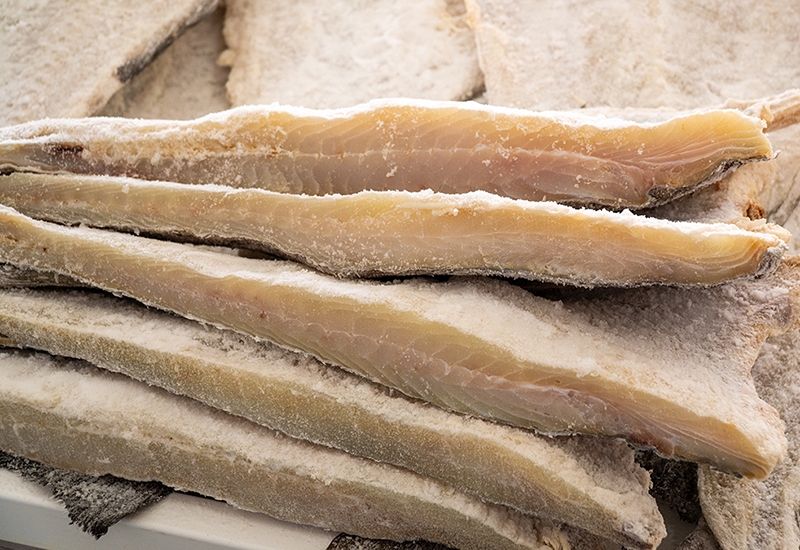
Before refrigeration, dried, salted fish such as was a typical fish-on-Friday meal.
But Why Eat Fish Instead of Fasting?
Well, most fish don’t bleed. But it’s a little more complicated.
Fish had been linked to sacred holidays even before Christ’s sacrifice, as is written in religious texts. Fish also have a special place in the history of Christianity: after the Resurrection, Christ was thought to have provided a meal of fish for his apostles, most of whom were fishermen. Jesus told Peter and some of the apostles that he would make them “fishers of men,” seeking converts. Early Christians drew the shape of a symbolic fish in the dirt to identify themselves to each other.
The most readily available fish for medieval Christians was herring, smoked and salted for preservation. Quality, fresh-tasting fish wasn’t available inland, as it is for us, generally frozen and flown from far away.
Dried, salted cod was a common fish-on-Friday meal for 16th-century Catholics. Herring as the traditional Friday fish gave way to cod, introduced by the Vikings, the people of what is now southern Scandinavia. They ate dried, salted cod on their long ocean voyages, which followed the range of Atlantic cod as far as Canada.
English fishermen eventually may have sailed west by 1480 or so—looking for cod to feed Christians, who were relying on it much of the year.
When Fish Became Political
King Henry VIII married Catherine of Aragon, who came from Spain and was devoutly Catholic. When he fell in love with young Anne Boleyn, the Pope, the top authority of the Catholic world, would not annul Henry’s marriage. So Henry took action, being a King, declared himself head of a new Church of England and free to marry again. This caused a long-lasting divide among followers of the Church.
Suddenly, in England, eating fish became a political statement against those who supported Henry and the Church of England. Among the followers of the new church, the Anglicans derided fish as “popish flesh, which clearly reduced its popularity for consumption.
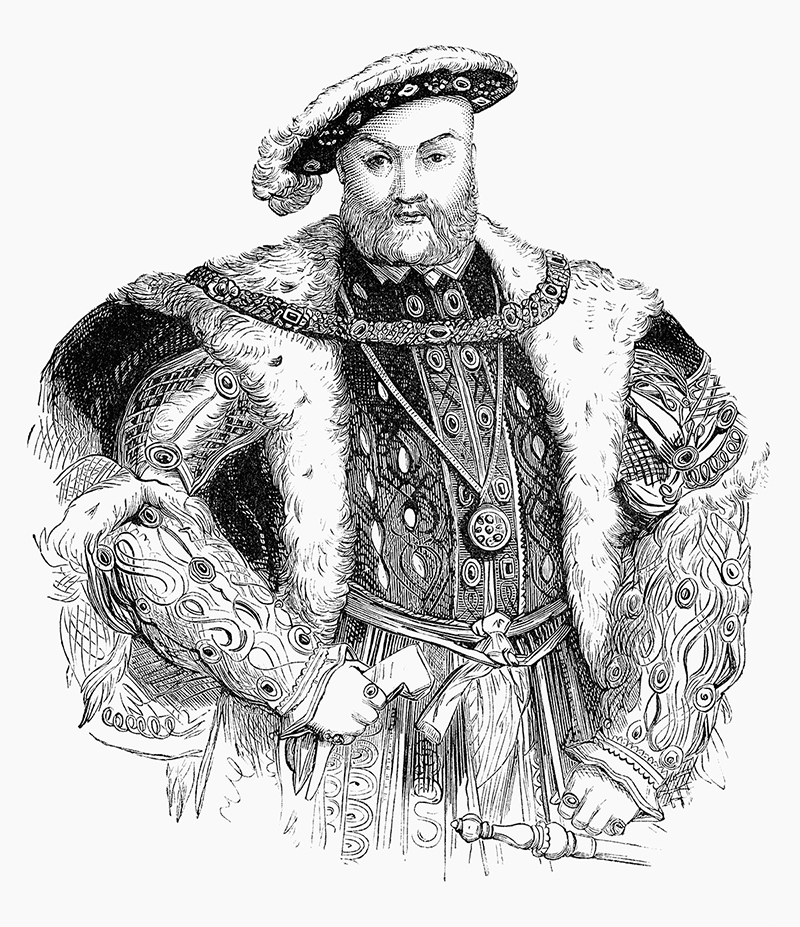
One way to show you were not a fan of Henry VIII and his new church? Keep eating fish on Friday.
Fish-on-Friday was dealt a blow when Henry VIII created the Church of England, which had no such dietary constraints. The change devastated the British fishing industry until Henry’s son Edward VI, shown here, stepped in to re-instate the practice “for the benefit of the commonwealth, where many be fishers, and use the trade of living.
But this had serious economic repercussions. The change devastated the English fishing industry. So when Henry’s son took over in 1547, he reinstated meatless days in order to revive the fortunes of fishermen.
Roman Catholic meatless days have had economic impact ever since. In fact, in 1962, they forced Lou Groen, who had opened the first McDonald's fast-food outlet in a heavily Roman Catholic part of Cincinnati, to create the Filet-O-Fish. To this day, about a quarter of all sales of Filet-O-Fish come during the weeks of Lent.
Fish prices around the world fell again in the 1960s, when Pope Paul VI loosened the meatless rules in “Vatican II.” His new constitution allowed local bishops’ conferences to substitute “other forms of penitence” for people in their territory. Most Fridays are days of penance and Catholics are still required to observe them, but they may have other options besides skipping meat.
However, there are advantages to sticking to one custom, says Catholic writer Todd Aglialoro. “At a Friday gathering of Catholic friends everyone will know that meatless pizza or fish and chips is the menu instead of some having to lay off the meat, others the booze, and others indulging in everything because they’re going to watch a half-hour less TV later.”
So fish-on-Friday has a long, complex history encompassing religion, economics, politics, and protest, and continues to evolve. We can’t help but wonder whether the availability of modern, flash-frozen fish like delectable sockeye salmon is now helping lay to rest the idea that eating fish is a form of penitence. We’ve come a long way from dry sticks of over salted cod.











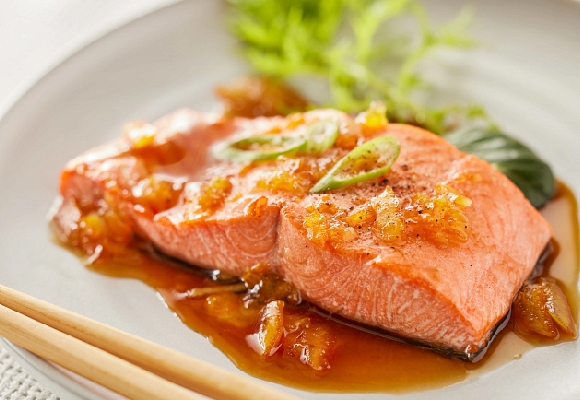
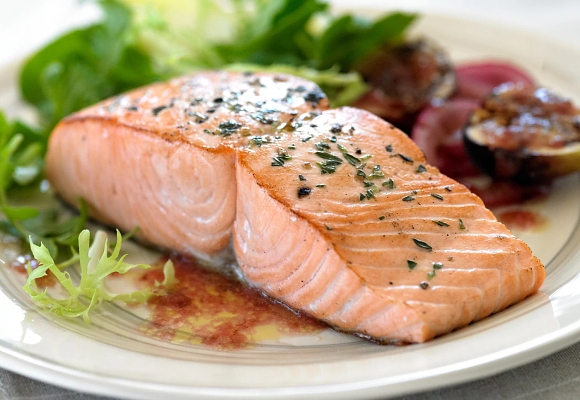
![Shop Premium Alaskan Halibut,[object Object]](https://images.contentstack.io/v3/assets/blta522552136812831/blt3560aeee5a40084a/67e5d817beb75353402b9f8c/TopNav-Halibut-FC.jpg?auto=webp)
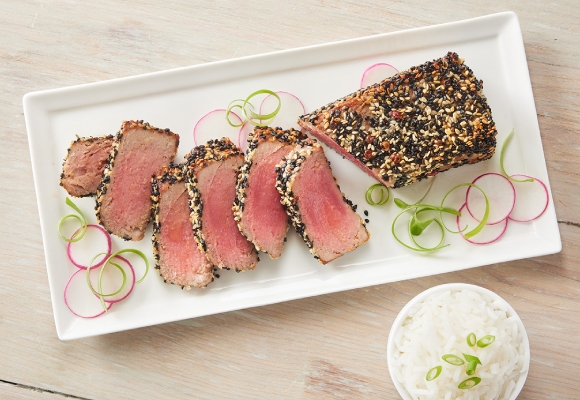
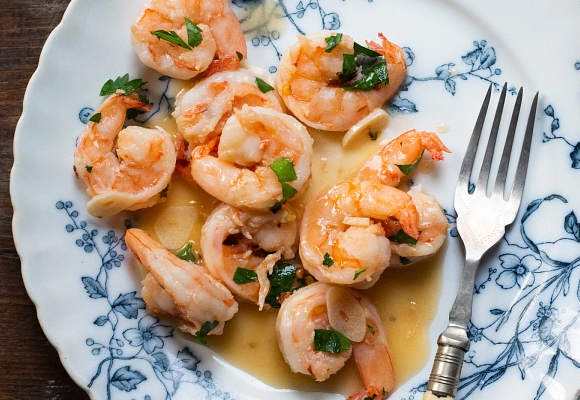
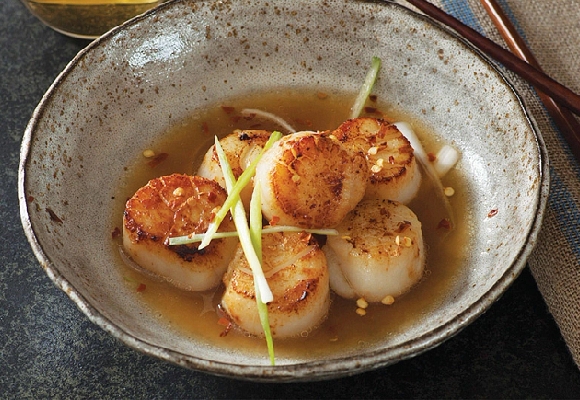
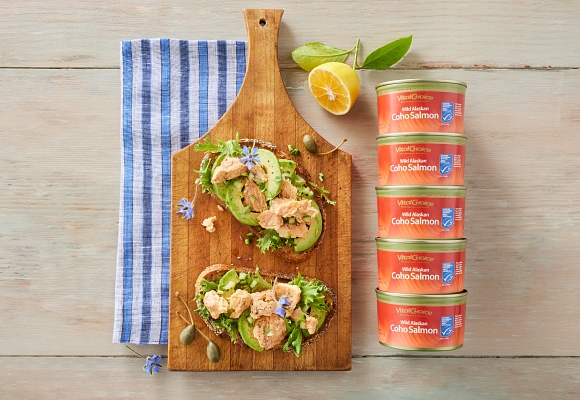
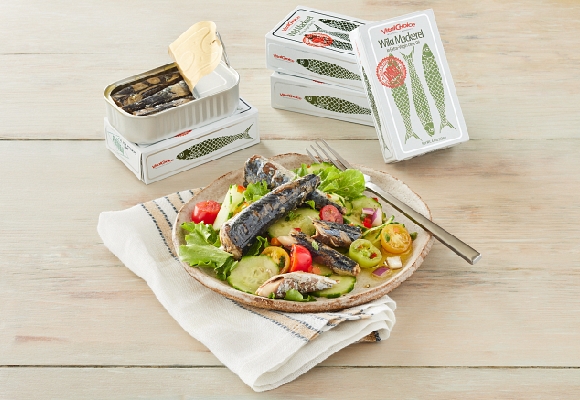


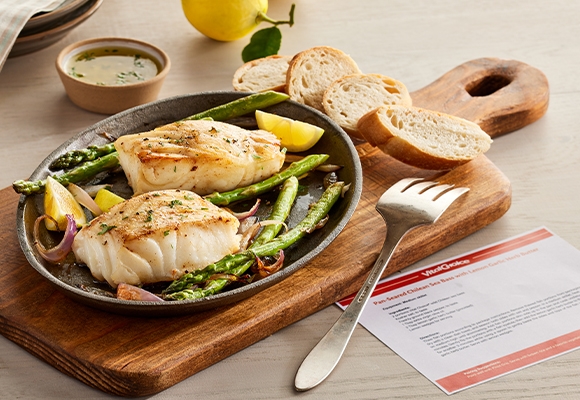
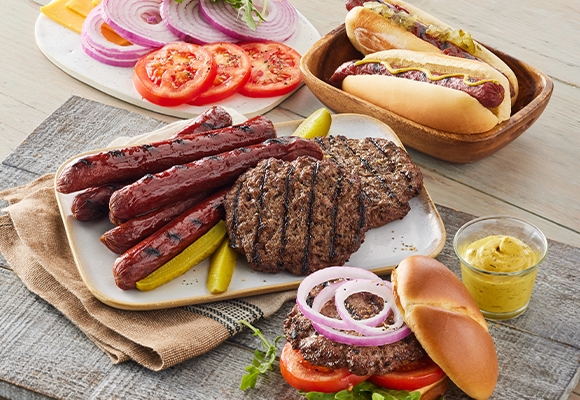

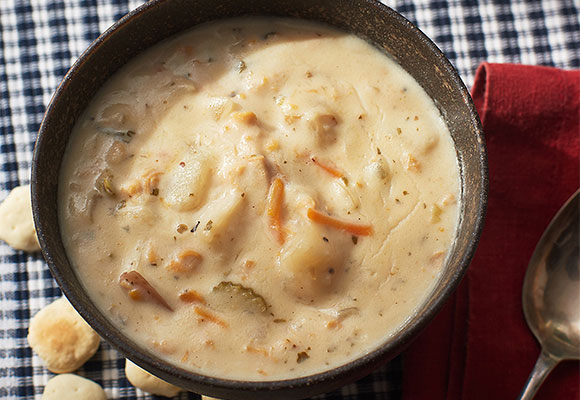
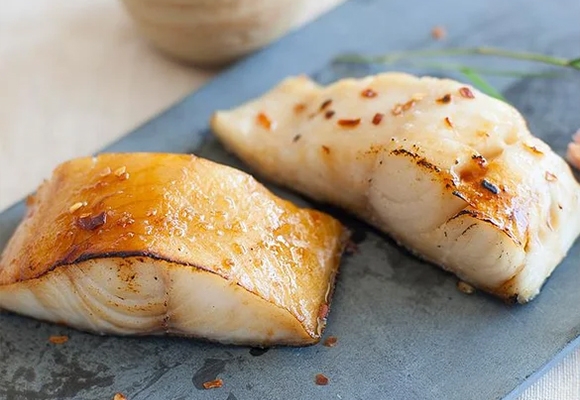

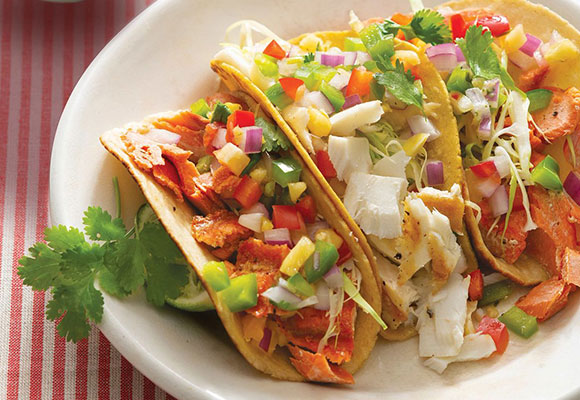
.png?auto=webp)